
Question and Answers Forum
Question Number 164560 by PRITHWISH SEN 2 last updated on 18/Jan/22
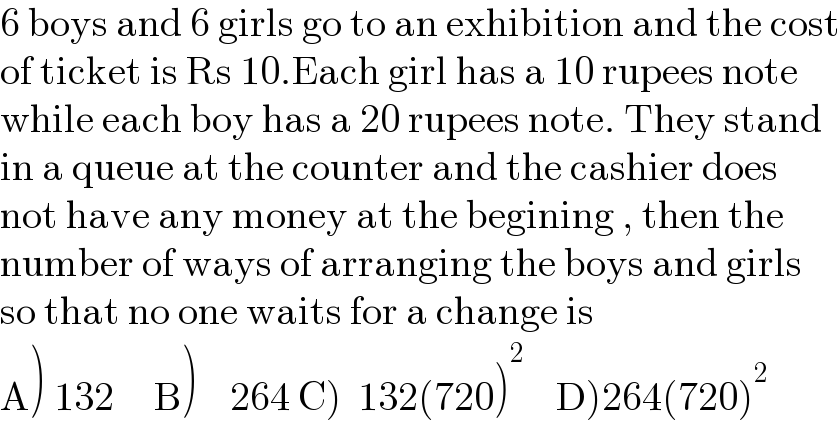
Commented by mr W last updated on 12/Mar/23

Answered by nikif99 last updated on 19/Jan/22

Commented by PRITHWISH SEN 2 last updated on 20/Jan/22

Commented by nikif99 last updated on 20/Jan/22
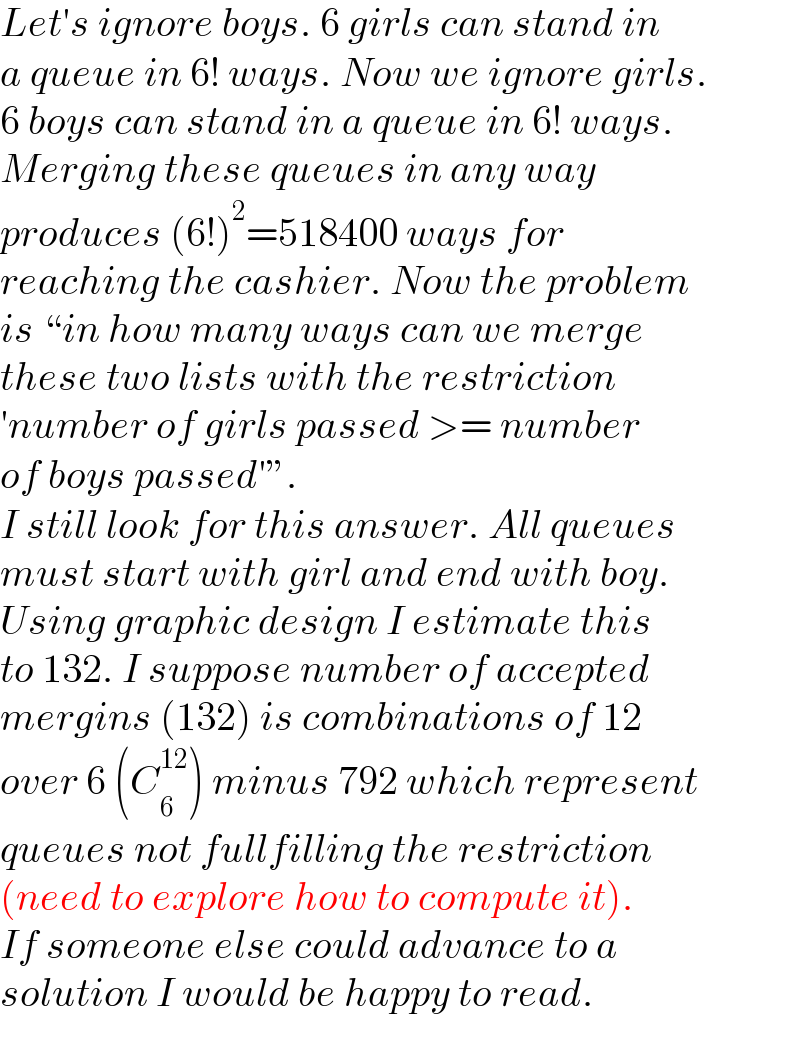
Answered by mr W last updated on 24/Jan/22
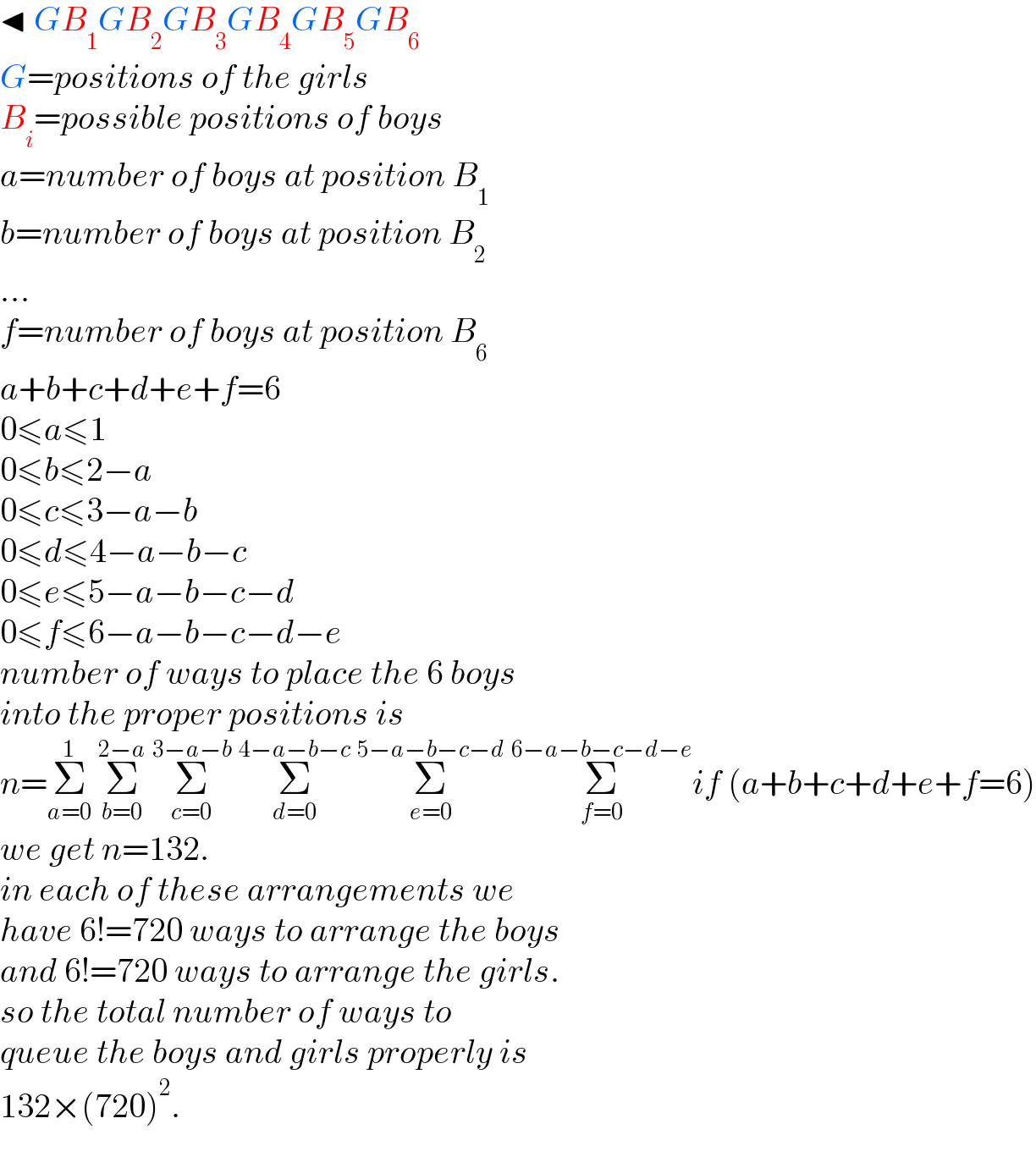
Commented by mr W last updated on 25/Jan/22
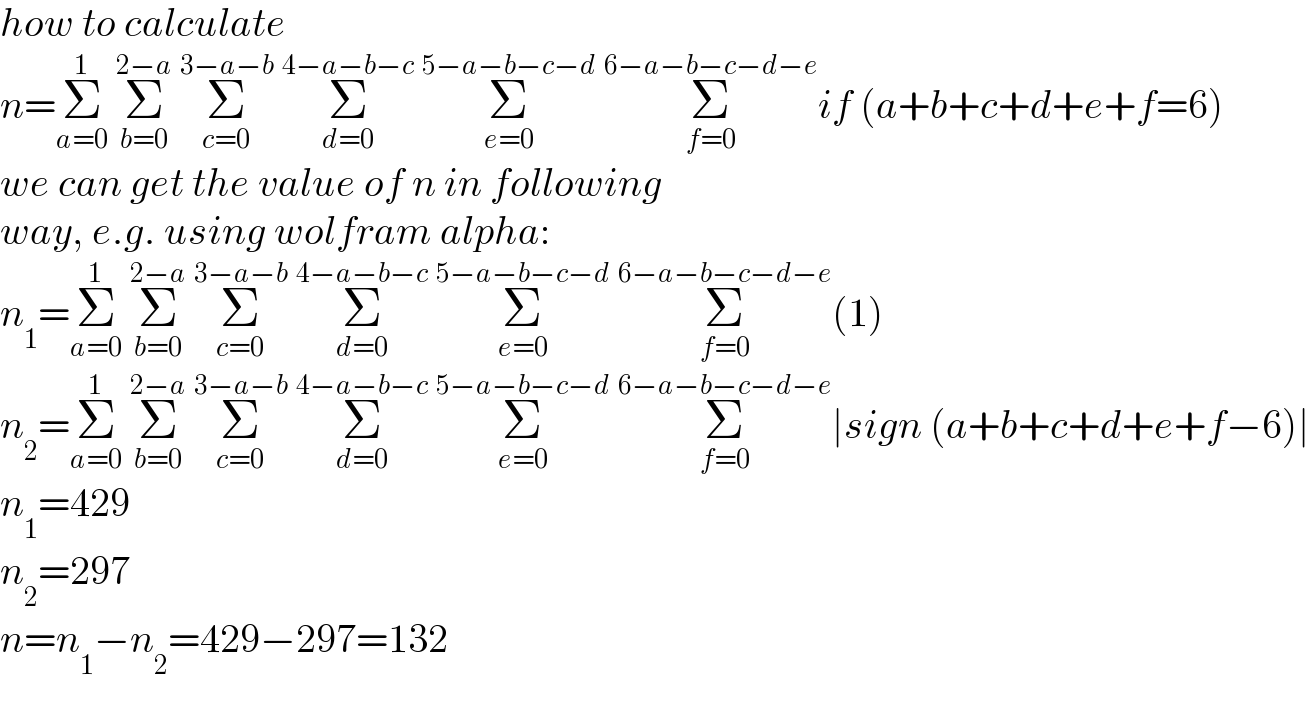
Commented by mr W last updated on 25/Jan/22
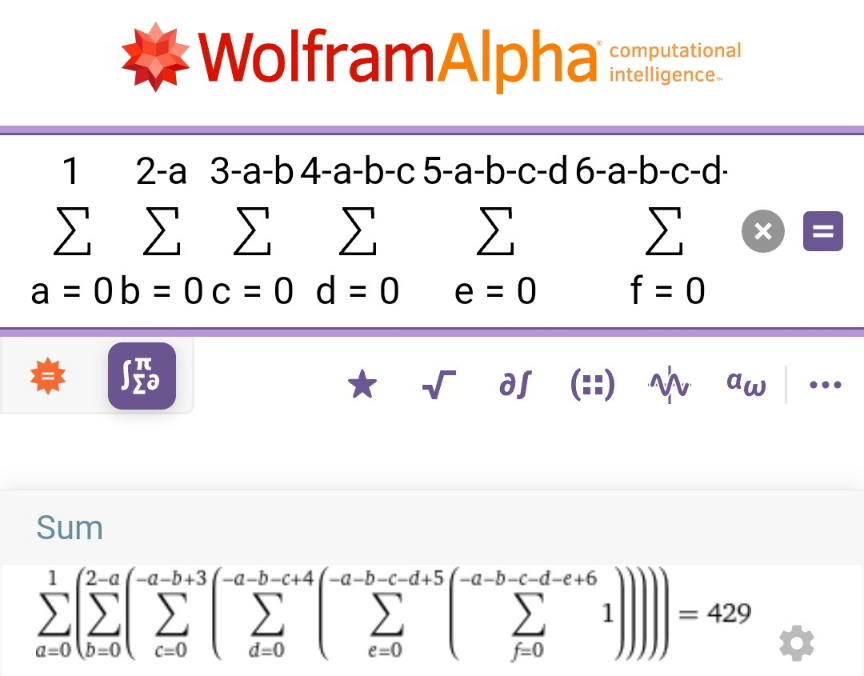
Commented by mr W last updated on 25/Jan/22

Commented by nikif99 last updated on 30/Jan/22

Commented by Ar Brandon last updated on 30/Jan/22
Q161675 , Sir ��
